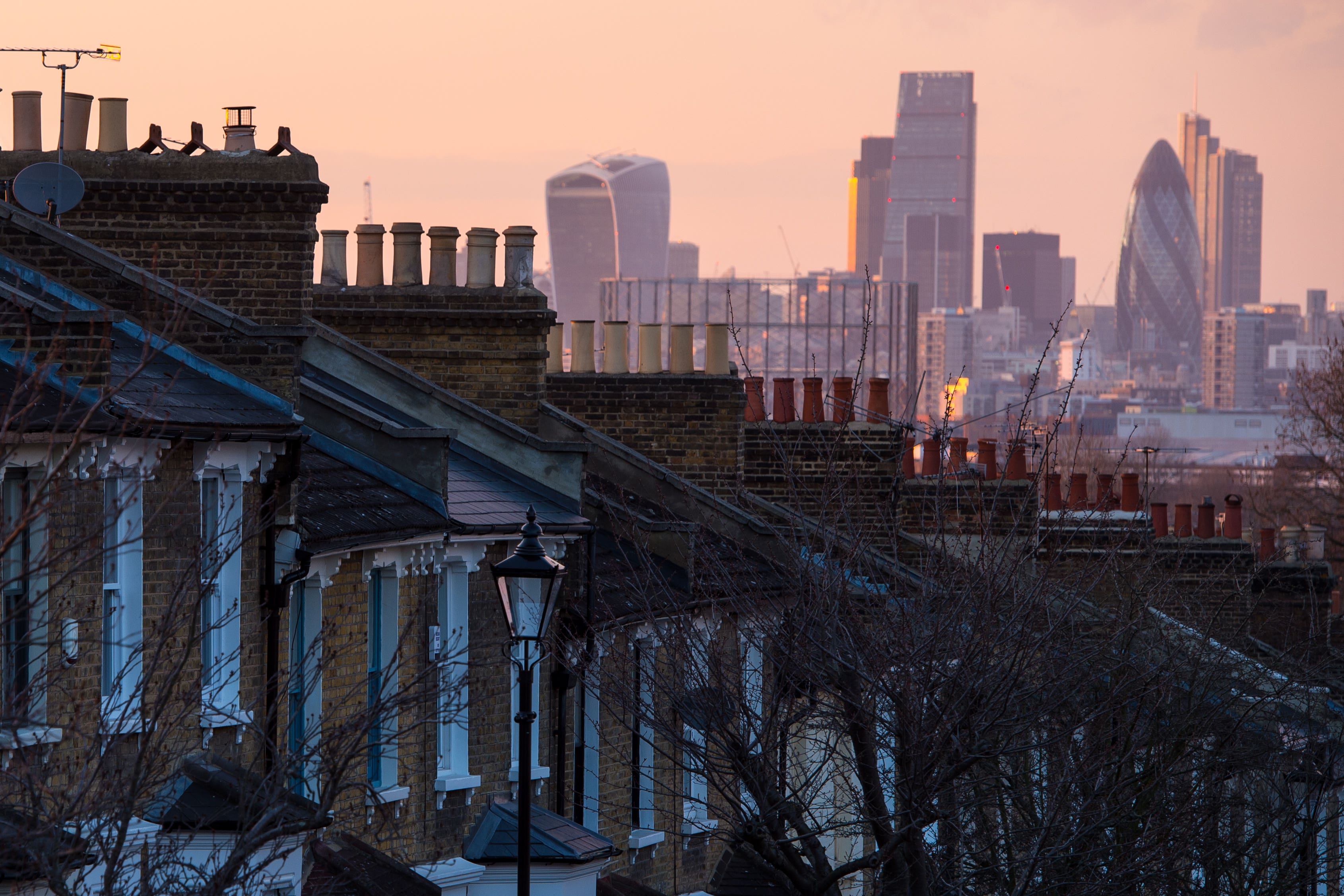London homeowners knock £23,000 from asking prices - but it’s not the area of UK that will be worst hit
Higher interest rates forcing sellers to knock 3.4 per cent of asking prices
Your support helps us to tell the story
From reproductive rights to climate change to Big Tech, The Independent is on the ground when the story is developing. Whether it's investigating the financials of Elon Musk's pro-Trump PAC or producing our latest documentary, 'The A Word', which shines a light on the American women fighting for reproductive rights, we know how important it is to parse out the facts from the messaging.
At such a critical moment in US history, we need reporters on the ground. Your donation allows us to keep sending journalists to speak to both sides of the story.
The Independent is trusted by Americans across the entire political spectrum. And unlike many other quality news outlets, we choose not to lock Americans out of our reporting and analysis with paywalls. We believe quality journalism should be available to everyone, paid for by those who can afford it.
Your support makes all the difference.Soaring interest rates have forced homeowners in London to slash an average of £23,000 from their asking price as the property market cools in the capital.
Sellers have reduced their advertised prices by 3.4 per cent since asking prices in London peaked in May, according to data from Rightmove
It is the largest drop of any region, although analysts say South West England will eventually be worst affected.
Mortgage costs have soared since the Bank of England started raising interest rates at the end of 2021 in a bid to bring down inflation.
Mortgage rates have roughly tripled, with the average rate for a two-year fixed deal rising from 2.29 per cent to 6.73 per cent, according to Moneyfacts data.
The average home in the capital in August was advertised for sale with a price tag of £672,961, down from £696,477 three months earlier, according to the Rightmove data.
Macrus Dixon, of JLL property consult, said London was the worst hit area because it is the highest value market in the country.
“When the cost of mortgages has ramped up significantly it is therefore more likely to see bigger price reductions,” he told The Daily Telegraph.
The near tripling of mortgage rates means the monthly cost of a typical £200,000 has more than doubled to around £503.
South West England has recorded the second-biggest drop in asking prices, which are down by 3.2 per cent.
House prices in the region peaked in July rather than May and Mr Dixon said it would eventually be worst hit than London.
This is because the market in the region has “further to fall” having initially benefitted from Londoners moving there post-lockdown.

“The southwest and the Southeast were the markets that, post-lockdown, benefited from all of that escaping from London money,” he said.
“Those markets maybe have a bit further to fall partly because they saw such rapid growth over that period.”
South West England, meanwhile, has recorded the second-biggest drop in asking prices, which are down by 3.2 per cent.
House prices in the region peaked in July rather than May and Mr Dixon said it would eventually be worst hit than London.
This is because the market in the region has “further to fall” having initially benefitted from Londoners moving there post-lockdown.
“The southwest and the Southeast were the markets that, post-lockdown, benefited from all of that escaping from London money,” he said.
“Those markets maybe have a bit further to fall partly because they saw such rapid growth over that period.”
The Bank of England earlier in August hiked interest rates for a 14th consecutive time to 5.25 per cent and warned that the UK faces years of higher mortgage rates.
The UK central bank is expected to hike the base rate further when its policymakers next meet in September.
Mortgage rates have begun to come down after peaking earlier in the year but are expected to remain above their pre-inflation levels.



Join our commenting forum
Join thought-provoking conversations, follow other Independent readers and see their replies
0Comments